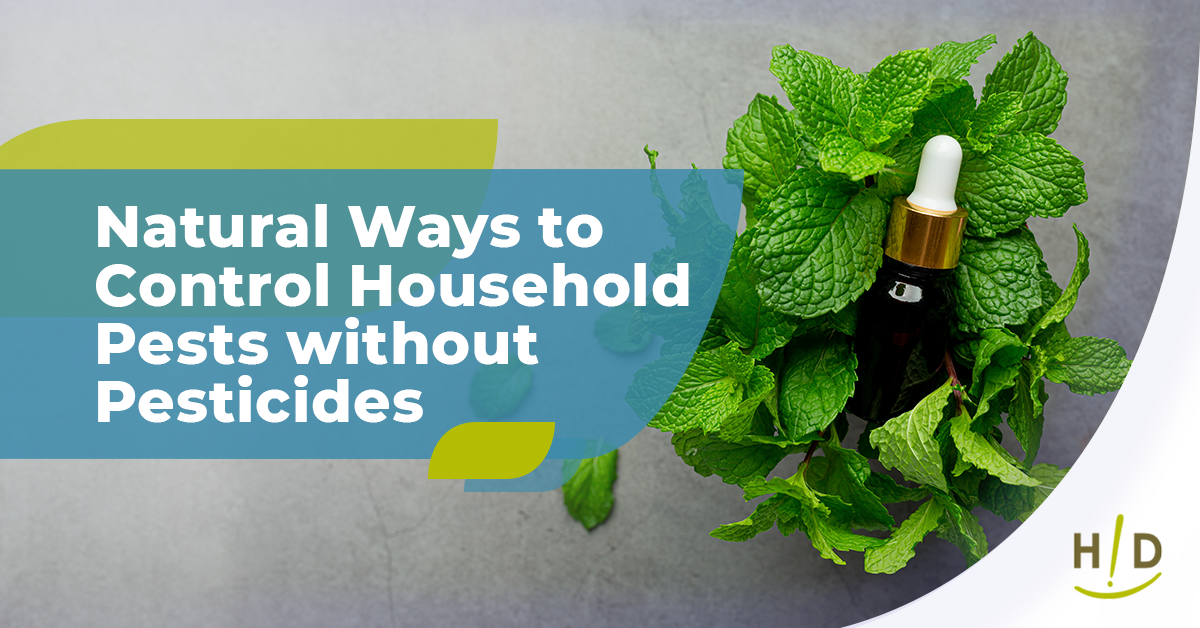It has been found that children are 600% more likely to be diagnosed with childhood leukemia when they are exposed to pesticides. The problem is that there are many household products that contain pesticides, and when these products are used your children are being exposed to the dangerous chemicals. Additionally, pesticide contamination can also come from the fruits and vegetables that we eat, because the products are often used to protect the plant from bugs, fungus, and blight.
Other known health problems linked with pesticide exposure include other types of cancer, autism, nervous disorders, birth defects, and more.
Pesticides in Our Crops
Over the years, hundreds of millions of pounds of pesticides have been applied on crops and soil to prevent pests from destroying the harvest. These chemicals have permeated the soil and water, and they are a common part of modern farming practices. If you are growing your own garden, you don’t necessarily need to use chemical products to protect your plants from pests. Many people reach for chemical pesticides because they don’t understand that other options that are available. Here are a few proven techniques that can be used to grow your garden without harmful pesticides:- Watering Patterns: Watering your garden too frequently can cause the soil to remain damp and lead to fungal growth. Additionally, overwatering also creates the perfect environment for other pest infestations. Watering recommendations depend on your local climate and area, so you should learn more about good watering practices based on your geographical location.
- Peppermint: Did you know that peppermint is a natural pest deterrent? Add 20 drops of peppermint essential oil into a spray bottle of water, and mist your plants to prevent bugs. If your location is conducive to growing it, you can also plant peppermint in your garden to deter the pests.
- Diatomaceous Earth: Diatomaceous earth can be purchased at most garden stores, and it is a natural way to get rid of certain types of insects. The soil is safe for humans, but it contains microscopic organic elements that prevent certain types of insects from reproducing.
Natural Pest Control in the Home
It can be frustrating to deal with a bug problem in your home, but dangerous to spray your home with chemicals to get rid of the pests. Instead of calling the exterminator, try these natural methods instead:- Peppermint: The spray bottle method can be used inside your home as well. Spray the baseboards in your home, or any other location where you have seen a lot of bugs. Another option is to place peppermint tea bags near areas where you see active ants, such as near their point of entry.
- Soapy Water: Consider adding a little bit of dish soap to a spray bottle of water. The soap can suffocate certain types of insects, and there is no harm to yourself or your family.
- Boric Acid: Keep in mind that boric acid can be dangerous to pets and children. But, it can be used in unreachable places, such as on top of the kitchen cabinets if you are suffering from a cockroach problem.





